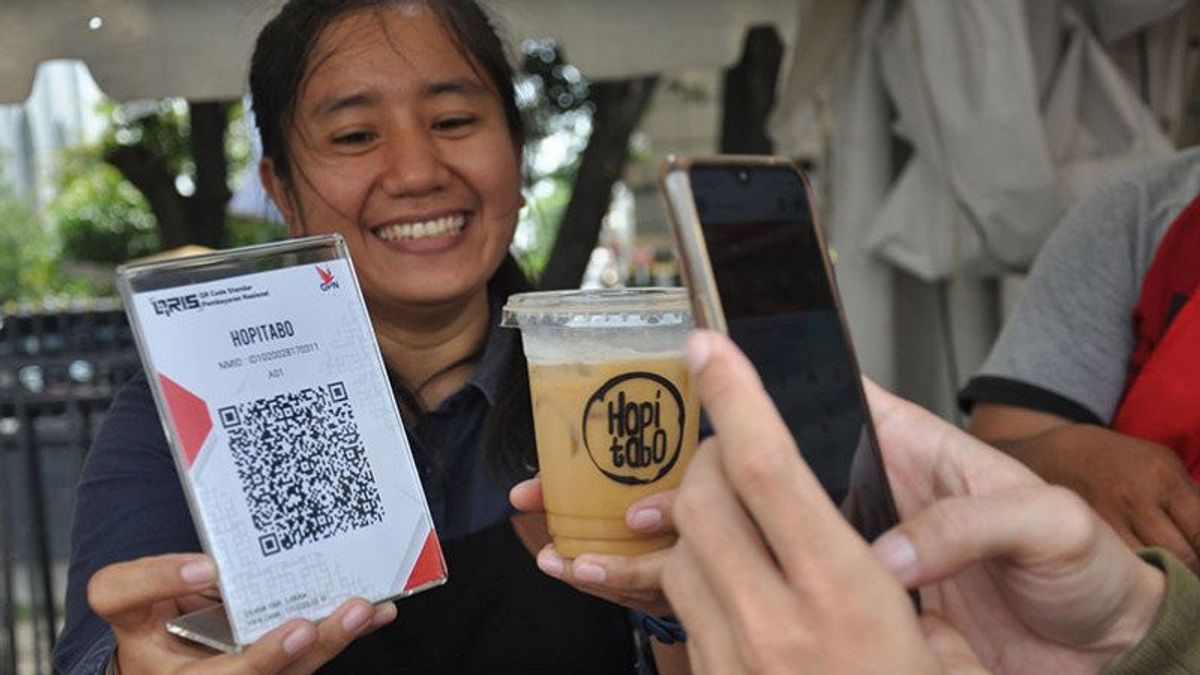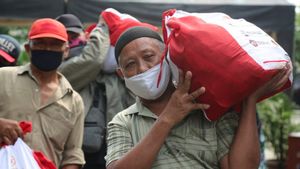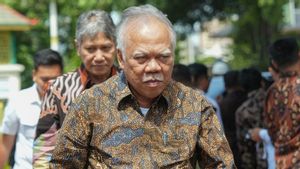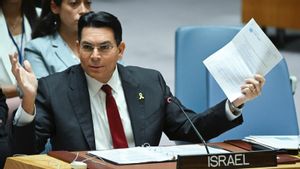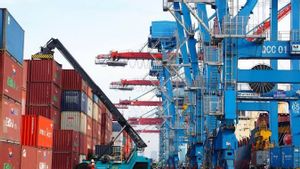JAKARTA - The Coordinating Ministry for the Economy stated that the use of digital technology continues to be encouraged to increase access to finance that reaches the community, especially in rural and remote areas.
Plt. Deputy for Coordination of Macroeconomics and Finance, Ferry Irawan, said that the government continues to target low-income groups of people and micro, small and medium enterprises (MSMEs).
"This group has a crucial role in supporting the achievement of the target of 90 per cent national financial inclusion by 2024", he said as reported by the official website on Monday, March 6.
According to Ferry, his party is committed to continuing to encourage the performance of MSMEs, one of which is through access to financing such as the People's Business Credit (KUR) program.
"The government is also trying to increase competitiveness and productivity through the development of the digital and fintech sectors", he said.
On the same occasion, the International Labor Organization (ILO), Michiko Miyamoto, mentioned an inclusive financial sector for small business actors that leads to economic growth and increased employment opportunities, especially in the post-pandemic period.
"We support the development of the people's business sector in Indonesia by opening access to finance and encouraging digital transformation", she said.
VOIR éGALEMENT:
In a similar vein, Chairman of the Financial Services Authority (OJK), Mahendra Siregar, emphasized that even though Indonesia has experienced a great leap forward in terms of financial inclusion over the past 10 years, the high level of public access to financial services needs to be accompanied by quality financial inclusion.
"OJK will continue to support various strategic efforts considering the importance of looking at the entire ecosystem, both the MSME ecosystem and the financial ecosystem which must be sustainable to improve the quality of financial inclusion", he stressed.
For information, the MSME sector has a large contribution to the Indonesian economy which has a total of more than 64.2 million business units, contributes 61.9 per cent to the gross domestic product (GDP) and absorbs 97 per cent of the workforce.
However, MSMEs in Indonesia face various challenges such as access to finance, marketing, competitiveness and productivity
The English, Chinese, Japanese, Arabic, and French versions are automatically generated by the AI. So there may still be inaccuracies in translating, please always see Indonesian as our main language. (system supported by DigitalSiber.id)
